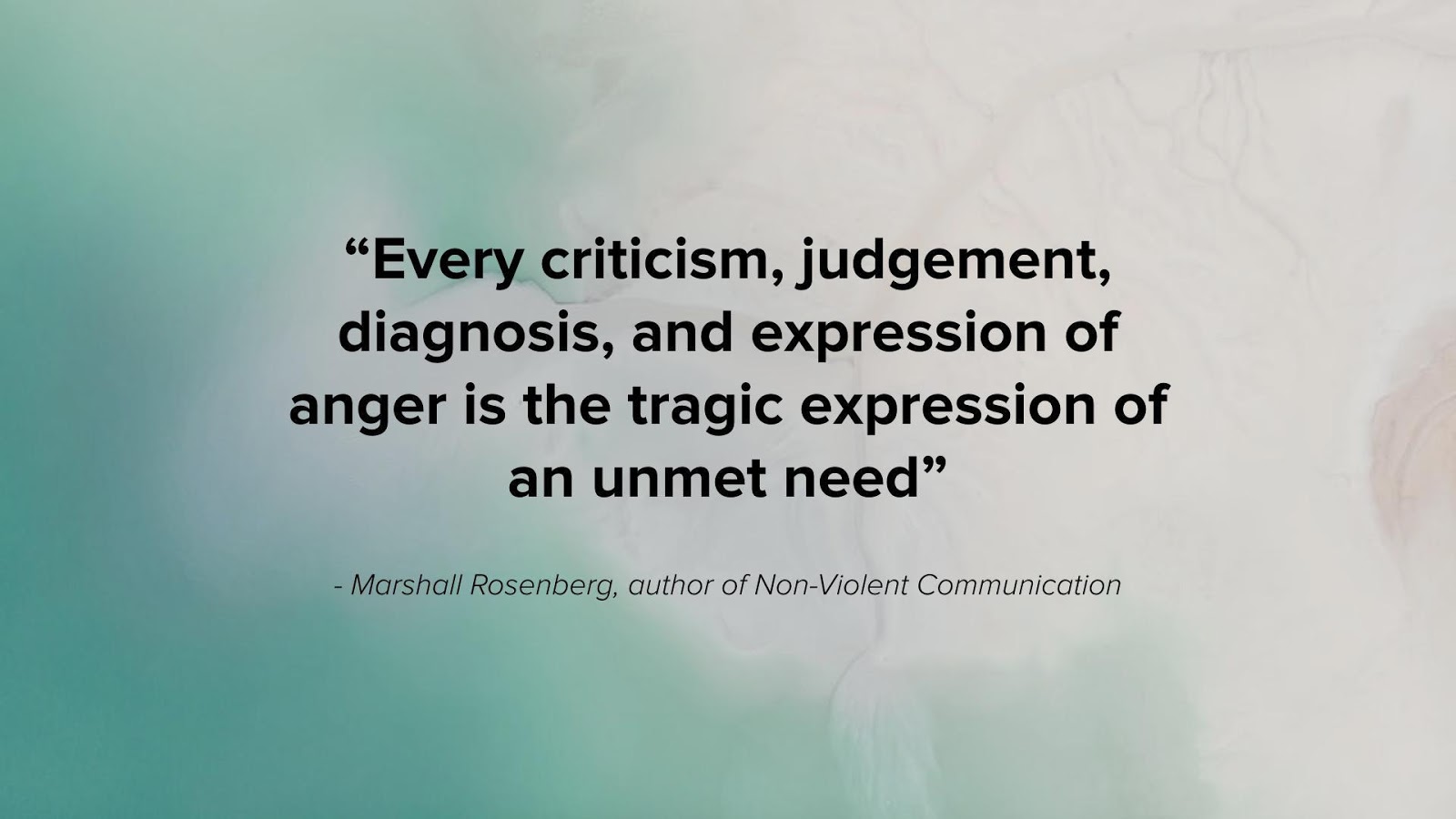Suicide Prevention: Working with the “Self-Critic”
Date: Tuesday, August 10, 2021“You’re unwanted”, “Why are you such a loser?”, “You are not good enough”, “The world is a better place without you”...
Sound familiar? These may be words you would not intentionally say to hurt another person and yet, we constantly tell them to ourselves. Almost like a broken record sometimes. These words are uttered by our inner self-critic and the first step to working with our self-critic is to understand it. What is it and what purpose does its existence serve?
The self-critic is often critical of oneself or one's actions in a self-aware or unduly disapproving manner. However ineffective and counterproductive it may be, it is an unconscious response that exists and is intended to ward off danger, keep us safe and help us to become a better person. Yes, this sounds ironic because when we criticize ourselves, we are both the attacker and the attacked.

Behind our self-critic’s attacks, it actually cares. It is telling us that we are trying to meet some unmet needs and as we do not know a better way to go about meeting these needs, we end up beating ourselves up. It can be as simple as looking into the mirror and saying to ourselves, “Why are you so fat and ugly?” At some level, our self-criticism is reflecting the need to be accepted and loved but because of the choice of words and tone used, its good intention appears as a threat to our self-concept. In the long term, this can build up chronic stress in our response system and may eventually lead to depression, anxiety and many other mental health conditions.
Since the self-critic is a part of us, how can we respond to it skillfully without fighting against it, fleeing from it, freezing in rumination or submitting to it? One of the ways is to develop our inner compassionate voice.
When we develop our inner compassionate voice, we tap into our inner care-giving system and this activates the parasympathetic nervous system which calms us down. Instead of compounding stress, it helps to reduce our stress and anxiety. It also provides us the emotional balance to make better decisions including making behavioural changes.
3 Tips on Developing Our Inner Compassionate Voice
- Be aware of how you are talking to yourself. Notice when you are being self-critical.
- Soften the self-critical voice with compassion.
Avoid beating up your self-critic (i.e., avoid saying things like “You need to shut up” to your inner critic) because it is counterproductive. Instead, acknowledge it by saying: “I know you are worried about me and you want me to be loved and accepted. However, you are causing me unnecessary pain now. Could you let my inner compassionate self say a few words?”
- Reframe the observations made by your self-critic in a friendly, positive way. (If you are having trouble doing this, imagine what a compassionate friend would say to you in this situation.)
For example: “Hey, I know you are focusing on the flaws of your appearance because you want to look better, feel loved, and be accepted. But beating yourself up really doesn’t do much good. How about we start improving one thing at a time?”
It may seem awkward in the beginning because we are not familiar with our inner compassionate voice yet. However, with consistent practice, it will come more and more naturally. Be compassionate to your self-critic today! You can do this!
Credit By: Samaritans of Singapore (SOS)
Source: https://www.sos.org.sg